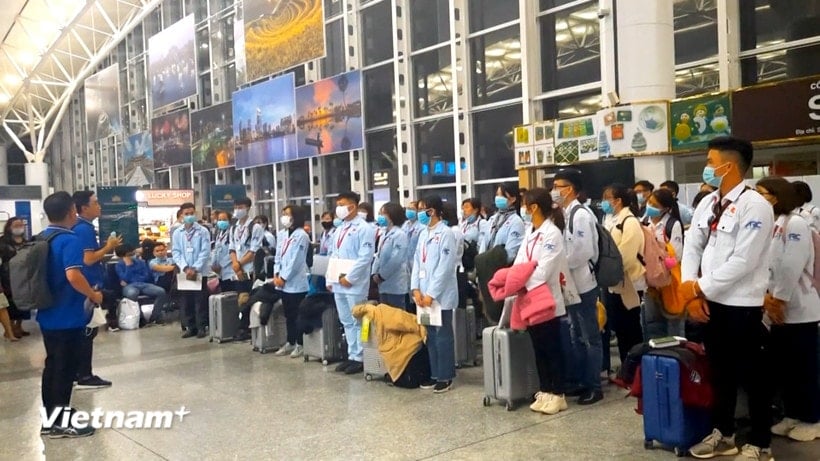
2025 is considered an important pivotal year for Vietnam's labor export sector, with more than 120,000 workers sent abroad in the first 10 months of the year, reaching 93.2% of the plan. However, in addition to positive results, traditional labor markets such as Japan, South Korea, and Taiwan (China) are facing many new difficulties, requiring synchronous solutions to improve quality and operational efficiency.
Positive results, but many challenges
According to Acting Director of the Department of Overseas Labor Management ( Ministry of Home Affairs ) Vu Truong Giang, 2025 is the first year that many important resolutions of the Politburo are implemented, creating strong momentum for the labor export sector. After 45 years of implementation, millions of Vietnamese workers have been sent to work abroad, contributing significant foreign currency to the economy.
Results for the first 10 months of 2025 show that the country has sent more than 120,000 workers abroad, of which Japan continues to lead with more than 55,000 people, Taiwan (China) is second with more than 47,000 workers, followed by South Korea with nearly 10,000 workers. European markets such as Germany, Romania, Hungary, and Russia also remain stable.
It is estimated that by the end of 2025, the total number of Vietnamese workers working abroad in the 2021-2025 period will reach about 636,000 people, equivalent to 127.3% of the original plan (500,000 people). Currently, there are about 860,000 Vietnamese workers working abroad, sending home about 6.5-7 billion USD each year, contributing significantly to the country's foreign currency resources.
However, this sector also faces many challenges. International labor competition is increasingly fierce as countries such as the Philippines, Indonesia, India, and Bangladesh promote labor export policies, creating great pressure on Vietnamese workers.
In the Japanese market, the sharp depreciation of the yen has significantly reduced the real income of workers. Although Japan has added many new policies and opened more accepting industries, the complex selection regulations make it difficult for domestic workers to determine the appropriate industry group.
In Korea, the number of runaway workers, especially among seafarers, is increasing due to unfair competition from businesses. The rate of workers leaving the country in the shipbuilding industry is also lower than the number of registered contracts due to the situation of "offering" to many businesses for the same order.
The Taiwanese (Chinese) market is rife with brokers, deeply intervening in the selection and cost stages, causing the cost of going to work to increase. Among the more than 500 businesses currently operating, there are still some businesses with weak capacity, competing by paying commissions to brokers and then collecting high fees from workers.
According to him Vu Truong Giang, notably, the foreign language and vocational skills of a portion of Vietnamese workers do not meet the requirements of developed markets, forcing businesses to invest more in training. Many businesses also face difficulties in accessing immigration law information in new markets in Europe and America.
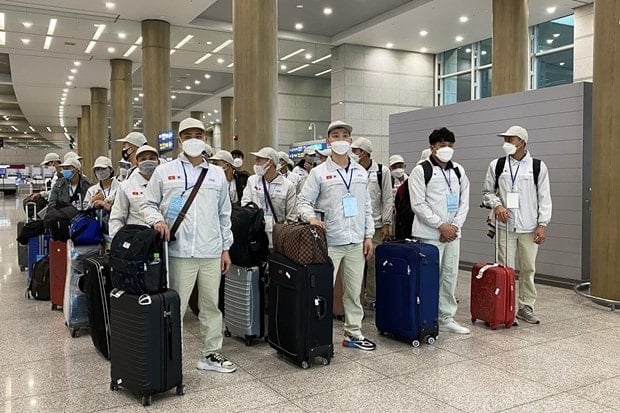
Comprehensive solutions for the future
Deputy Minister of Home Affairs Vu Chien Thang assessed that the slowdown in the labor export sector was due to many reasons such as economic difficulties, strict immigration policies in some countries, inadequate management mechanisms and violations in sending workers abroad.
To overcome this situation, the Ministry of Home Affairs will implement many synchronous solutions. First is to cut cumbersome administrative procedures, publicize and make transparent procedures, agreements, and costs so that people can easily access information. The Ministry of Home Affairs will also coordinate with the Ministry of Justice to propose amendments to the Law on Vietnamese Workers Working Abroad and develop a National Strategy on Overseas Labor.
The second solution is to step up propaganda about international agreements, procedures, and mechanisms so that people clearly understand the difference between commercial and non-profit contract labor, avoiding being taken advantage of by individuals and intermediary organizations.
In addition, the Deputy Minister of Home Affairs emphasized the need to strengthen education, training, and improve vocational skills and behavior so that workers can both develop their skills and comply with the laws of the host country, and not become a burden for the host country. The Ministry of Home Affairs will also coordinate with the Ministry of Foreign Affairs and consular agencies to protect citizens and promptly handle violations or risks.
In the coming time, the Ministry of Home Affairs will also strengthen digital transformation through the development of national applications such as DOLAB-JICA or job exchanges to give workers more choices.
Mr. Vu Chien Thang emphasized that if the solutions are implemented synchronously, the labor export sector will have significant changes in quality and quantity. The responsibility of enterprises does not stop at sending workers abroad but must be a cycle from signing agreements, selecting, training, fostering, protecting workers until they complete the work process and return home.
According to Vietnam+Source: https://baohaiphong.vn/giai-phap-dong-bo-de-thay-doi-xuat-khau-lao-dong-525834.html






![[Photo] Prime Minister Pham Minh Chinh receives the delegation of the Semiconductor Manufacturing International (SEMI)](https://vphoto.vietnam.vn/thumb/1200x675/vietnam/resource/IMAGE/2025/11/06/1762434628831_dsc-0219-jpg.webp)
![[Photo] Closing of the 14th Conference of the 13th Party Central Committee](https://vphoto.vietnam.vn/thumb/1200x675/vietnam/resource/IMAGE/2025/11/06/1762404919012_a1-bnd-5975-5183-jpg.webp)
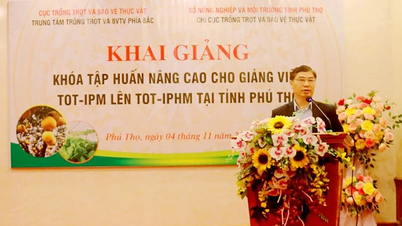

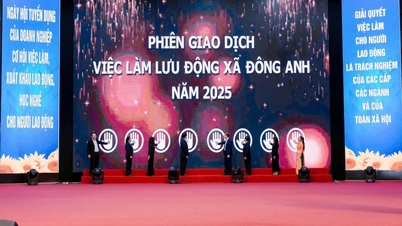

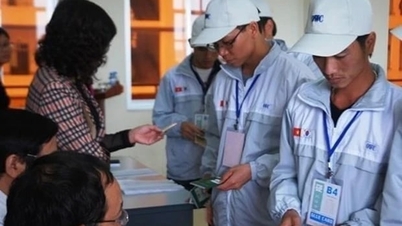
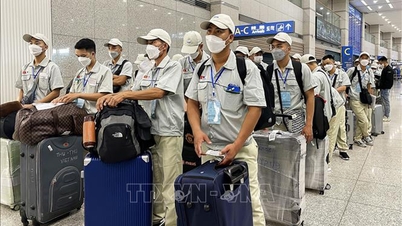
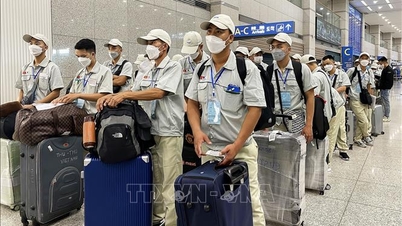
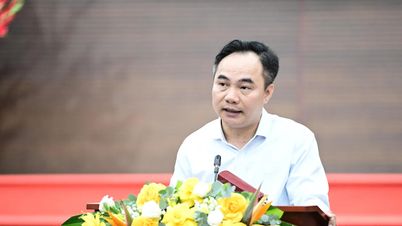

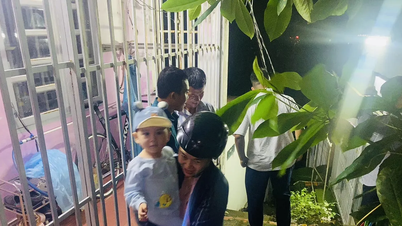
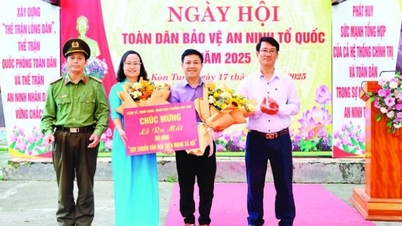











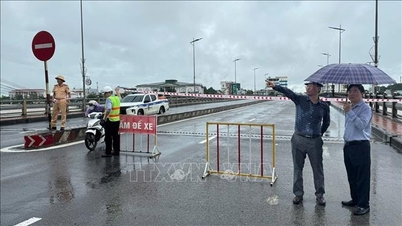
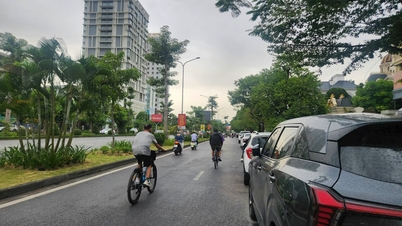












































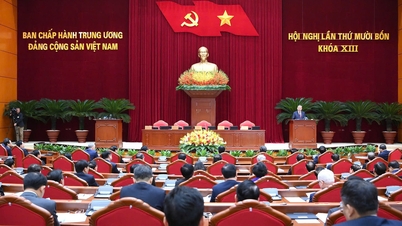



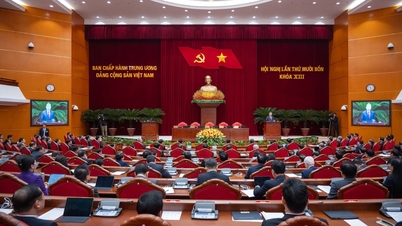









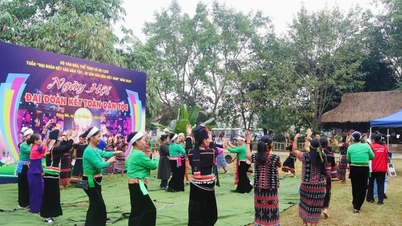






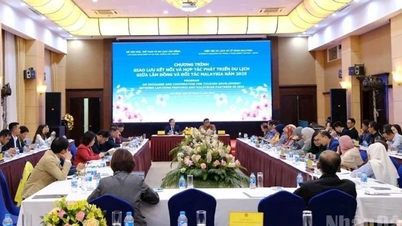












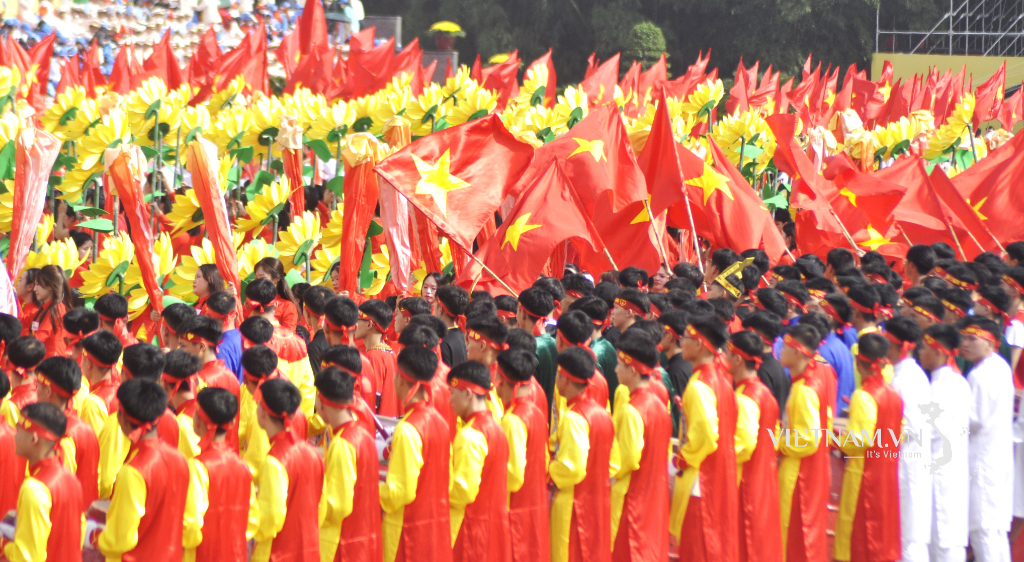

Comment (0)